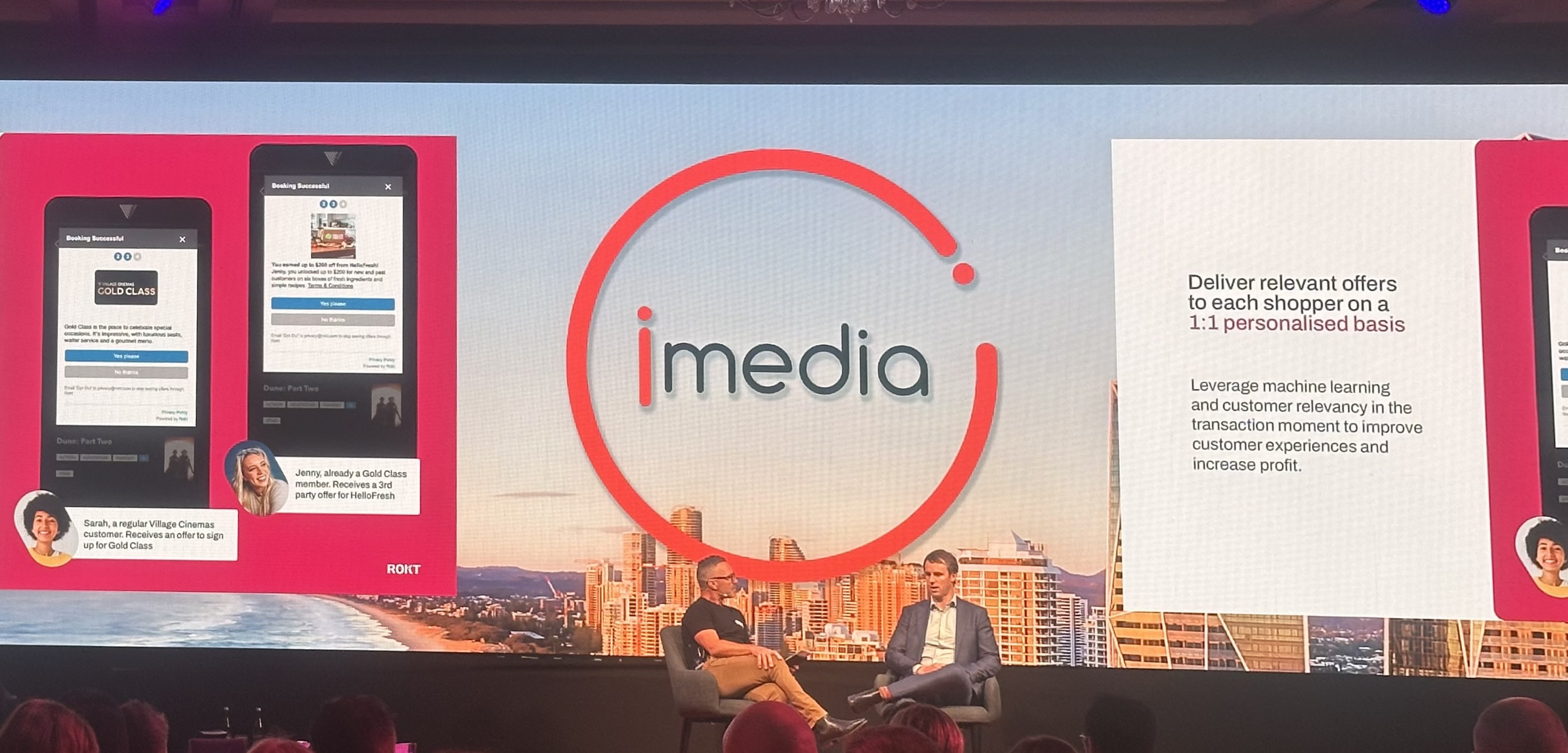Marc Pritchard, Procter & Gamble Company’s Chief Brand Officer, recently indicated he’s more than willing to make massive expenditures to buy digital ads as long as he can see irrefutable evidence that they’re doing what’s expected.
The problem of not knowing how to measure ad performance has been plaguing advertisers well before the advent of the digital age. John Wanamaker, a marketing pioneer and early proponent of advertising, was quoted back in the 19th century as saying: “Half the money I spend on advertising is wasted; the trouble is, I don’t know which half.”
Akin to Mr. Wanamaker, those in today’s ad industry face several issues confidently applying attribution back to specific sources. After all, the customer journey is complex. From the beginning to the end of the customer journey, there are a myriad of channels consumers go through. Because of that and the thorny issues such as cross device tracking, ad blockers, and cookies that exist, attribution can be complex, too. Marketers often talk about models such as last-click and first-click attribution, but technologies are available that remove the uncertainty about attribution. That’s where Rokt can help.
At Rokt, we provide end-to-end measurement tools that tell advertisers precisely the incremental impact of every campaign they run. For the first time, we are defining attribution based on control groups to reveal clearly what would have happened if advertisers didn’t do something—not just the results after they did something. The core enabler of this is a unique ability to identify the customer at the top and bottom of the funnel and leading edge cross-device tracking tools—with up to 90% accuracy versus 30% industry averages.
Beyond providing a data-driven way to measure the impact marketing has on different customers, creatives, offers, placements, sources, and segments, we provide the answer to a crucial question: “Did my campaign change behavior, and if so, how much?”
Our clarity of vision into ad performance drives us to create ways that improve outcomes. The most recent example is our new Prime Placement ad unit. Prime Placement is a new placement type that gives advertisers the ability to put an ad in the first engagement slot on the page consumers see after they make a purchase on an e-commerce site.
“For the first time, we are defining attribution based on control groups to reveal clearly what would have happened if advertisers didn’t do something—not just the results after they did something.”
Already, we’ve seen great results with our Prime Placement format for a global travel operator group. In just month No. 2 of a campaign, Rokt recorded a more than 120% increase in performance. By drawing on our end-to-end tagging capability and using Prime Placement, this campaign is 6X more effective than if advertisers were to use a standard placement format.
Understanding how ads are performing is critical for advertisers. Yet doing so requires marketers to invest in the right tools. At Rokt, we provide the means to help advertisers obtain greater insight into their ad performance. By using the Rokt platform, advertisers can maximize their investment and create more personalized and compelling experiences for their audiences.









